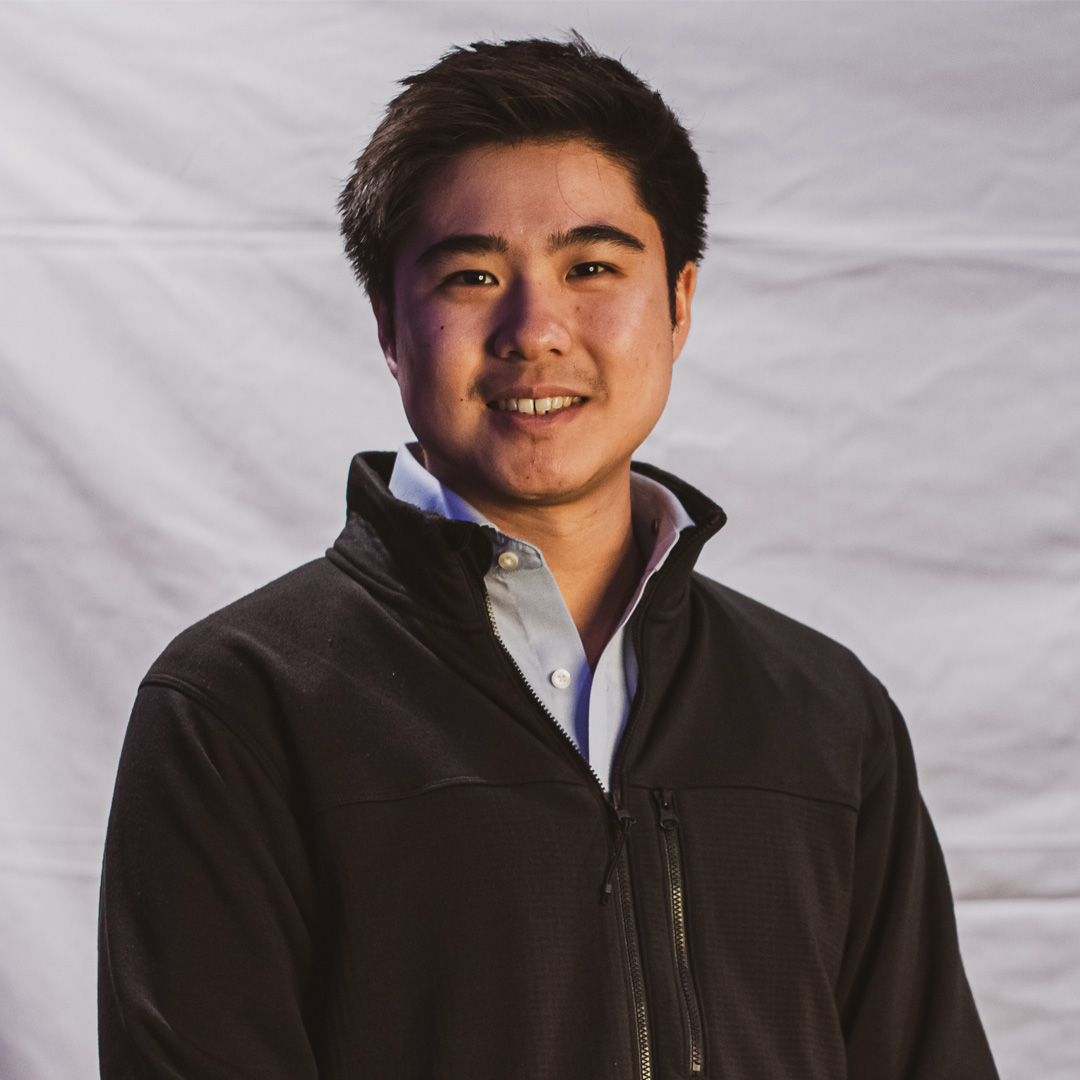My Topol fellowship problem / project:
When you ring your GP surgery to book an appointment, you are often met with a receptionist who may ask you a few questions before booking an appointment. Occasionally they book a telephone consultation when what is needed is a face to face. Sometimes, they book an appointment with a GP when a pharmacist would do. And at times, they book a call 4 weeks later when what you require is a same day appointment. From a patient’s perspective, this leads to frustration and repetition. And from a practice perspective, this often leads to inefficient workflow, duplication of work and ultimately less safe patient care. Our receptionists are brilliant but often, they are not clinically trained.
To deliver the NHS promise of the right care, at the right time, in the right place, we need to support our receptionists with an easy and quick clinical triage tool that predicts when, where and with whom, patients should be booked into. By doing so, we will be able to use our scarce appointments more efficiently, plan our workforce better and ultimately deliver safer patient care. By leveraging big data and machine learning, we ensure that the tool is evidence based and can evolve with changing clinical circumstances. My hope is that if we get it right, we can make the experience of healthcare much easier for patients looking for care and for the staff providing it.
About me
In 2021, my grandmother fell and fractured her humerus. In time, we found that her frequent falls and imbalance was due to a large acoustic neuroma in her brain. Throughout this process of diagnosis and management, the patient journey was littered with obstacles. Scans and notes were not shared amongst healthcare providers, it was difficult to book appointments and after care was more of an afterthought. Our story is not unique. Navigating a health system not built for the 21st century is tough.
For patients going through what might be their biggest challenge in life, accessing quality and seamless healthcare is overly complicated and daunting. I’m a medical doctor who wants to leverage the digital tools we have available to change how we experience healthcare. Over the last 4 years, I’ve led projects that improve the patient experience like introducing the Oculus headset to a busy paediatric department to distract kids undergoing painful procedures.
Alongside clinical work, I am a Masters student in Health Policy at Imperial College with a research interest in using gamification to improve physical activity levels in the elderly. I’m also a member of the Royal College of GP’s Junior International Committee and lead it’s Japanese exchange programme. In my spare time, I play squash in my local league and like to read about business, history and digital health.

